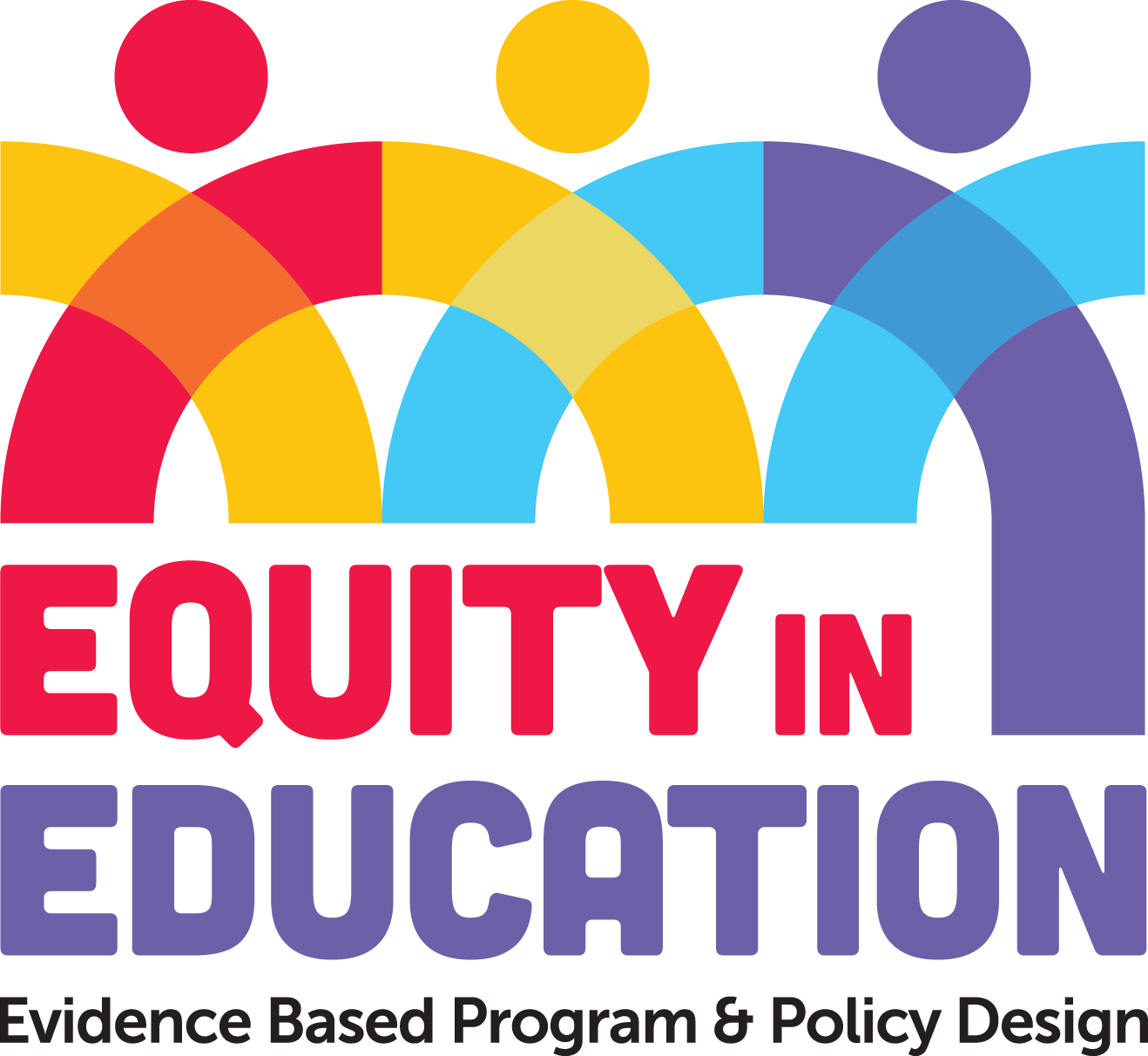The COVID-19 pandemic led to unprecedented disruptions to children’s education across the globe, including abrupt transitions from in-person learning to learning from home. The current study investigates patterns of change in the educational challenges that 453 children and 454 parents experienced at home during the early (2020–2021) and later stages (2021–2022) of the pandemic. The study took place in Toronto, Canada and our sample was diverse and reflected a low-income status. Thematic analyses revealed variation in the educational challenges experienced by children and parents in early and later COVID-19 pandemic. Families with relatively higher socio-economic status (SES) in our sample showed higher levels of mental health symptoms and consistently struggled throughout the pandemic, while families with lower SES initially showed less mental health symptoms but experienced delayed increases in challenges as the pandemic progressed. These findings highlight the need to investigate the longitudinal impacts of COVID-19 on the wellbeing of young children and their families, and offers valuable knowledge for future preparedness in the face of any global crises. Recommendations for future research and intervention are discussed.
AUTHORS
Intervention Creation
and Testing





